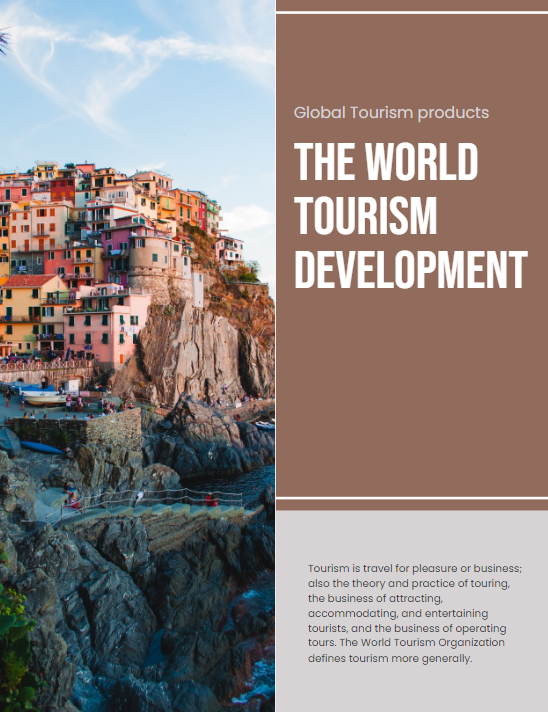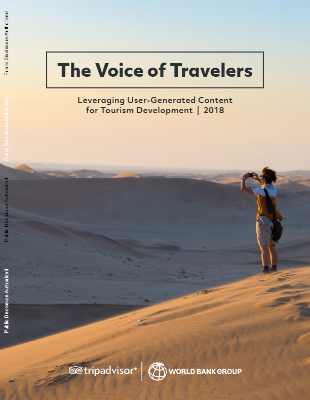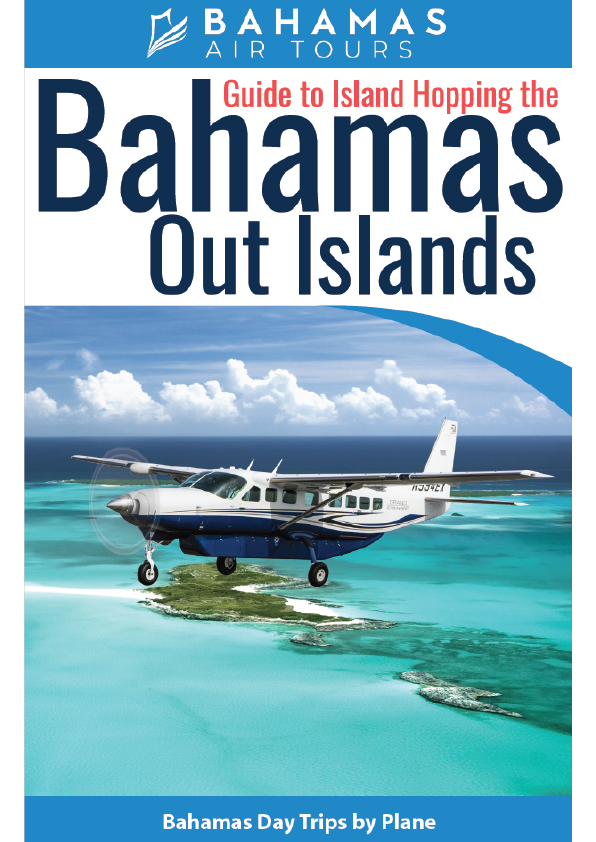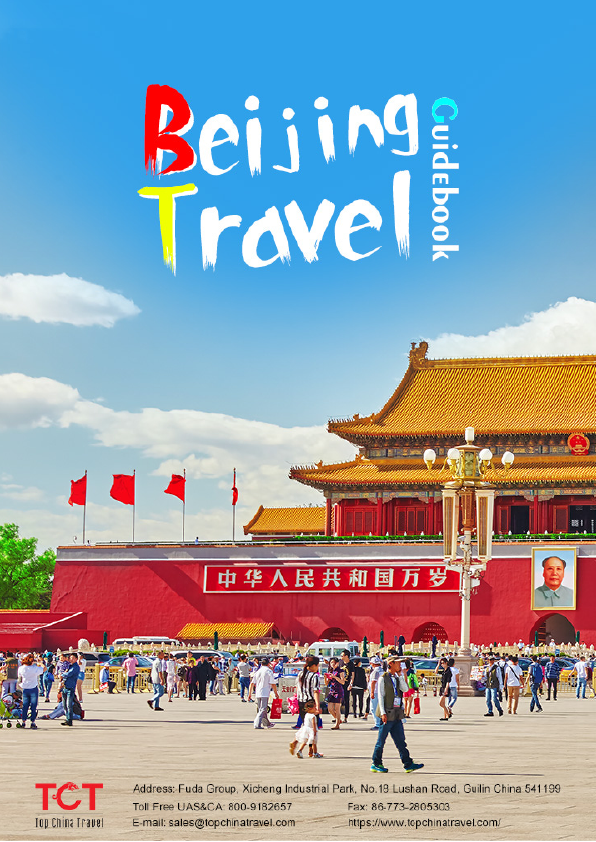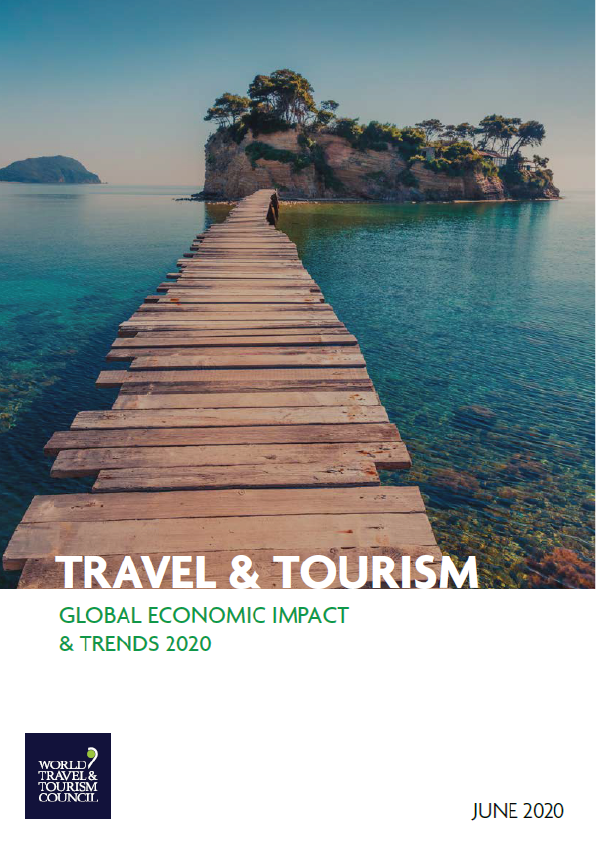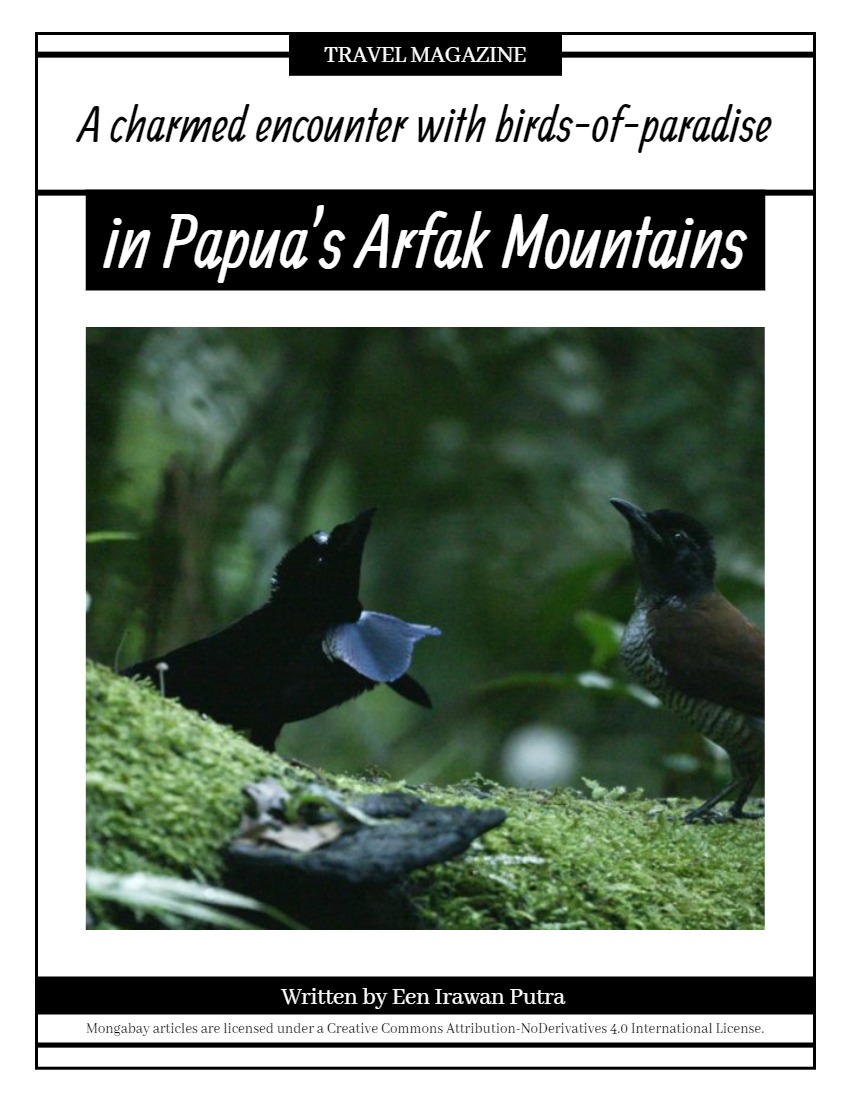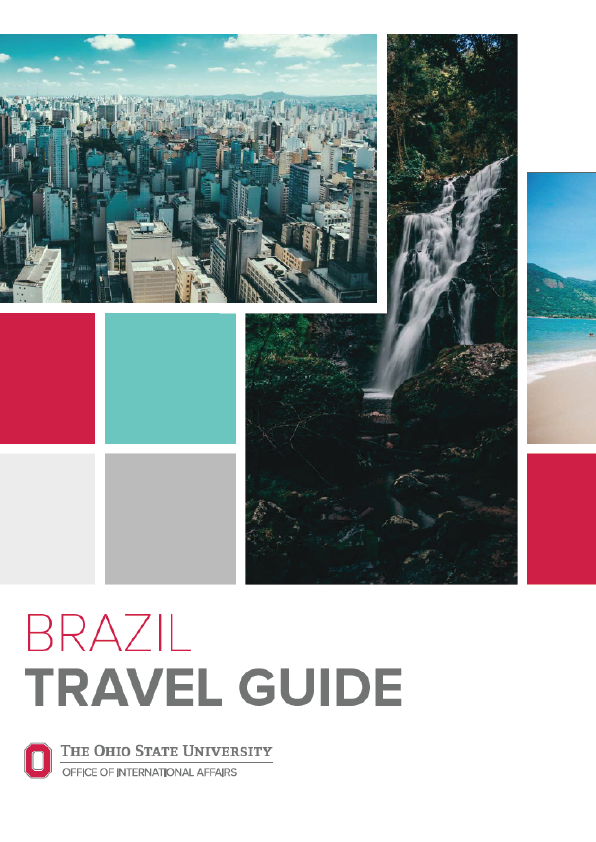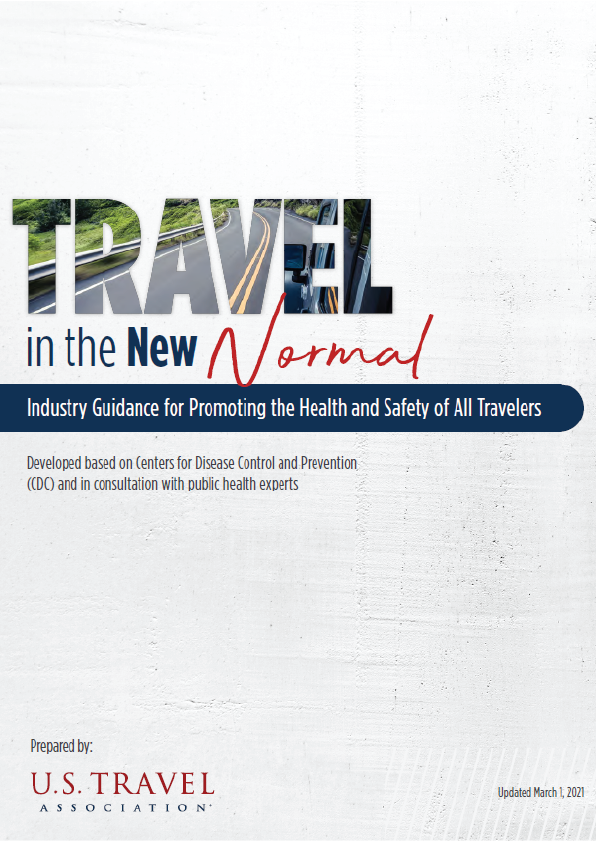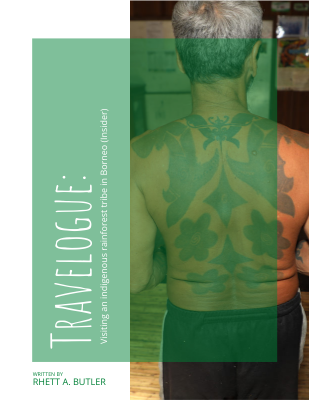Tourism is travel for pleasure or business; also the theory and practice of touring, the business of attracting, accommodating, and entertaining tourists, and the business of operating tours. The World Tourism Organization defines tourism more generally.
Definitions
In 1936, the League of Nations defined a foreign tourist as “someone traveling abroad for at least twenty-four hours”. Its successor, the United Nations, amended this definition in 1945, by including a maximum stay of six months.
In 1941, Hunziker and Kraft defined to urismas “the sum of the phenomena and relationships arising from the travel and stay of non-residents, insofar as they do not lead to permanent residence and are not connected with any earning activity.” In 1976, the Tourism Society of England’s definition was: “Tourism is the temporary, short-term movement of people to destinations outside the places where they normally live and work and their activities during the stay at each destination.
It includes movements for all purposes.” In 1981, the International Association of Scientific Experts in Tourism defined tourism in terms of particular activities chosen and undertaken outside the home. In 1994, the United Nations identified three forms of tourism in its Recommendations on Tourism Statistics: Domestic tourism, involving residents of the given country traveling only within this country.
International tourism
The terms tourism and travel are sometimes used interchangeably. In this context, travel has a similar definition to tourism but implies a more purposeful journey. The terms tourism and tourist are sometimes used pejoratively, to imply a shallow interest in the cultures or locations visited.
By contrast, traveller is often used as a sign of distinction. The sociology of tourism has studied the cultural value sunder pinning these distinctions and their implications for class relations.
According to the World Tourism Organization, a tourism product is: “a combination of tangible and intangible elements, such as natural, cultural and man-made resources, attractions, facilities, services and activities around a specific center of interest which represents the core of the destination marketing mix and creates an overall visitor experience including emotional aspects for the potential customers. A tourism product is priced and sold through distribution channels and it has a life-cycle.
Tourism product International tourism is tourism that crosses national borders. Globalisation has made tourism a popular global leisure activity. The World Tourism Organization defines tourists as people “traveling to and staying in places outside their usual environment for not more than one consecutive year for leisure, business and other purposes”. Tourism product covers a wide variety of services including: Accommodation services from low cost homestays to five star hotels Hospitality services including food and beverage serving centers Health care services like massage In 2010, international tourism reachedUS$919B, growing 6.5% over 2009,corresponding to an increase in real terms of 4.7%. In 2010, there were over 940million international tourist arrivals worldwide. By 2016 that number had risen to 1,235 million, producing 1,220 billion USD in destination spending.
